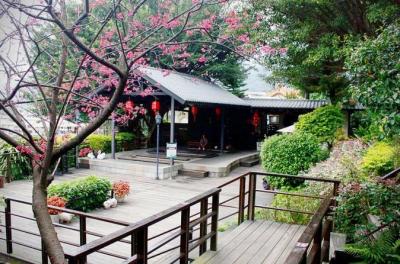Information / History & Culture
A Little About History And Culture
The settling of the Han Chinese in 1709 began the recorded Taipei history. This led to it becoming the national capital of Taiwan and the high-tech industry hub of the nation, which later turned to be called as the Taipei City. Taipei began to grow more rapidly during the 1895 annexation of Taiwan by Japan and again in the 1950s after the grant of provisional assistance to the Republic of China by the United States of America. That furthered the city’s pace of structural and economic growth.
The region was earlier known as the Taipei basin and was home to the Ketagalan tribes. By the late 19th century, Han settlements held a major portion of the Northern Taiwan region.
China ceded the entire rule over Taipei to Japan in 1895. During the rule by Japan, it began to be called as Taihoku and emerged as the center of the Japanese Government. Till date, the architectural designs of Taipei are influenced by Japanese architecture including some of its main buildings like the Presidential building among others. The Chinese Nationalist Troops took over the city once again in August 1945 after the Japanese defeat and its consequent surrender in the Pacific War.
In December 1996, Taipei became centrally administered municipality on the First July 1967. The next year, Taipei City saw a major expansion after the annexation of Beitou, Nangang, Muzha, Shilin, Neihu, and the Jingmei regions. Twenty-three years later in 1990, the sixteen districts of Taipei City were consolidated and reduced to the present twelve.
Taipei’s Culture has been largely influenced by its history. Located to the North of Taiwan, Taipei encompasses the New Taipei City which is about sixteen kilometers south-west of Keelung, a port city. The citizens, as well as the tourists of Taipei, regard it as a major center of Greater China, courtesy of its geographic location, cultural, economic, educational and high-tech assets. About one-third of the entire population of Taipei resides in the metro district. Its population comprises of the Hoklos, the Hakkas, the Mainlanders, and the aborigines. This diversity has played a huge and significant role in shaping its architecture and cultural character, providing its world-class cultural landmarks. Most people in Taipei follow the traditional belief system based on Confucian ethics. This has however seen a major change with the onset of industrialization. Some traditional values that still have a stronghold of the customs and beliefs of the Taipei city are ancestor worship, devotion towards parents, strong importance on work and education, and the significance of ‘face.’
Modern Taipei has blended the traditional Chinese and more radical Western cultures while continuing to be influenced by Japan and South East Asia, thanks to the recent surge in immigration.
A significant part of its cultural traditions is its major performing arts venues. The city is home to about a thousand of performing arts groups which it is keen on nurturing by supporting the existing and emerging talents. Not just that, the city was named the World Design Capital in the year 2016 for its forward-looking design approach of physically transforming the city through socially useful design.
Featured Tours In Taipei

Taipei Departure Private Transfer: Hotel to Taoyuan International Airport
$10.8 ^
per person
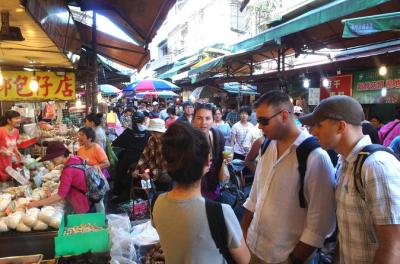
Small-group XinYi Walking Food Tour
$70 ^
per person
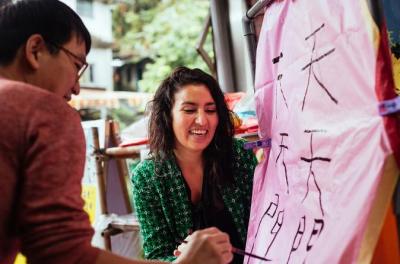
Private full day trip to Pinxi, Shifen & Jiufen
$64.95 ^
per person
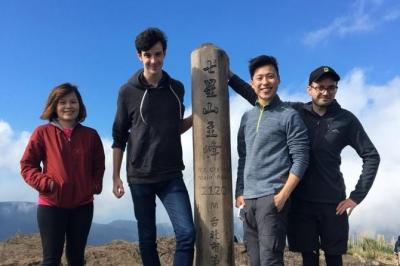
Small Group Hiking Day Tour On Qixing Mountain from Taipei
$80 ^
per person
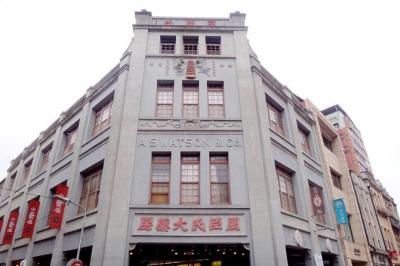
Small-group Vintage Taipei Day Tour Including Bao'an Temple and Confucius Temple
$80 ^
per person
